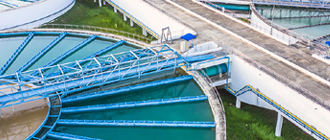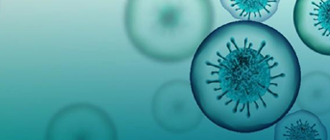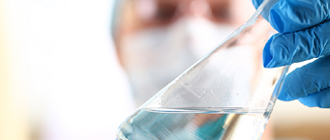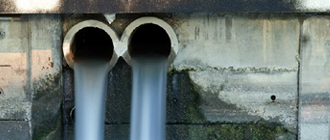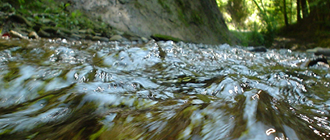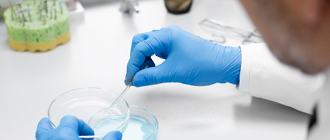Bioassays, also known as biological tests or bioassays, are analytical methods that use living organisms to assess the toxicity or quality of a sample, such as water.
Specifically, a bioassay involves exposing a living model (algae, yeast, fungi, bacteria) to an environmental sample like water, under controlled conditions for a specified duration, and observing one or more effects of the substance on the studied living model, such as mortality, growth, reproduction, or DNA damage.
Faced with the increasing and diverse pollution of water, the implementation of these analyses is the preferred approach to estimate the likelihood that chemical contamination causes harm to human health or aquatic ecosystems, and to develop measurement programs aimed at reducing the impacts of chemical pollution.
Advantages of Bioassays
Bioassays play a crucial role in water analysis by providing complementary information to traditional chemical and physical methods.
Overview of water quality
With over 100,000 known micropollutants, conducting substance-by-substance analyses has become impossible. Additionally, current scientific knowledge does not allow for establishing reference threshold values for all these micropollutants and their combinations.
Hence, the deployment of analytical approaches using bioassays focusing on effects is relevant.
Measuring direct effects on living organisms
Unlike chemical analyses that provide only data on the presence of contaminants, bioassays enable the measurement of the actual effects of contaminants on living organisms. This can help identify issues that might not be detected through chemical analyses alone.
Considering the cocktail effect
Water can contain multiple contaminants simultaneously, making it challenging to identify their cumulative impact. Bioassays allow for the assessment of the overall effect of contaminant mixtures, which can differ from the effect of each individual contaminant.
Resources
Tame-Water, a spin-off of CNRS, specializes in the comprehensive monitoring and evaluation of water quality.
Implementing standardized and "proprietary" state-of-the-art bioassays while adhering to quality principles of applicable standards, the laboratory is equipped to address the challenges of modern pollution.
With specialized equipment and expertise, the Tame-Water laboratory has complete autonomy and maximal responsiveness in delivering study results.


